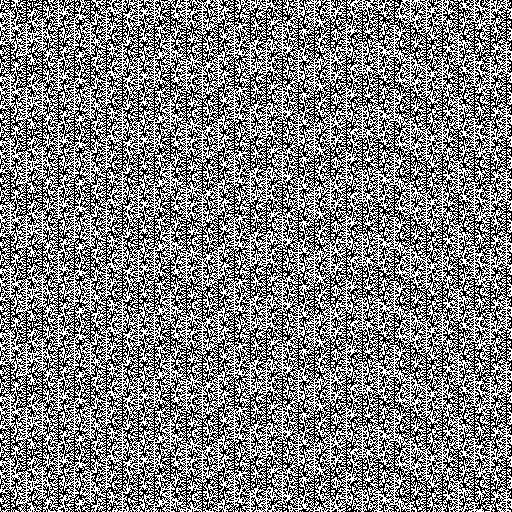Consider the direction of a leaf floats as it falls from the tree, is the direction random? Is a coin flip random? Is the following sequence random?
5359408128 4811174502 8410270193 8521105559 6446229489 5493038196
What is randomness
Before revealing the answer to those questions, I want to introduce what is randomness. It is very hard to define randomness. Take a minute and try to think of a way to define randomness in your own words. You might think of flip a coin, roll a die, or draw a card from a deck of cards. There are many definitions of randomness in different branches of mathematics. However the basic intuition of randomness is the same; randomness is events happen by equal chance, and there isn’t a pattern can help people to recreate the sequence, like 10101010… just “10” repeats itself.
Randomness and Chaos
Is there a difference between randomness and chaos? Let’s first consider a dice. Is dice rolling random? In a paper in 2012, researchers from the University of Lodz developed a three-dimensional model of the dice throwing to predict the outcome of the result. With some initial conditions like the viscosity of the air, the friction of the table and so on, the model can provide an accurate prediction. This means starting from 2012, at least for scientists, throwing dices is no longer random. Chaos system, in mathematical terms, is a system that has extreme sensitivity to initial conditions, but with precise initial conditions, the results can be calculated. A good example of the chaos system is the weather system. With the perfect knowledge of the weather, like the real temperature, humidity, cloud and etc. in every unit square of the earth, with support of a good model, we can calculate the exact weather data for any location. However, for a random system, by definition, the output is independent with the input, which means even with the complete information, people still cannot predict the output.
So the answers to the questions at the start of the blog are all false. With perfect initial condition and a proper model, the direction of a leaf floats as it falls from the tree can be calculated. And this is true for the coin toss as well. And in fact, there are many studies about coin tossing, and I linked a few interesting ones in the further readings section of the blog. The sequence of the numbers is from 141th to 200th digits behind the decimal point of the famous irrational number pi. With this information, we can easily reconstruct the sequences.
Application to randomness
Randomness seems like a very theoretical concept, however, it has many applications. Randomness is used in computer science, information theory, physics, statistics, gaming, music, art, and so many other areas. I will quickly go through a few important ones.
In computer science, pseudo-random number generators (PRNGs) are used very often. The idea of a PRNG is using a seed(integer), and a set of rules to generate more integers with a given range with the probability of each number within the range to be the same. True random number generators (TRNGs) is another random number generator used in computer science. A TRNG generates the random number from a physical process and directly measure it with an external device. By comparing the two pictures below, the first picture has no clear pattern; however, the second picture has strip patterns.

Generated by a true random number generator, from https://www.random.org/analysis/

Generated by a pseudo-random number generator, from https://www.random.org/analysis/
In many scientific fields, computer simulation is an important tool. Computer simulation relies on a predetermined model and either pseudo-random number generators or true random number generators.
An online pseudo-random number generators:
https://www.mathgoodies.com/calculators/random_no_custom
A true online random number generators:
https://www.random.org/
Further readings/watching material
An interesting video about pseudo-random number generators and more
the butterfly effect in chaos system:
https://en.wikipedia.org/wiki/Butterfly_effect
Comparison between real random number generators and pseudorandom number generators:
https://www.random.org/randomness/
Research paper of the three-dimensional model of dice throwing: https://aip.scitation.org/doi/10.1063/1.4746038
Research paper of coin tossing:
https://arxiv.org/pdf/1008.4559.pdf
-(Sylvester) Shunkai Li


